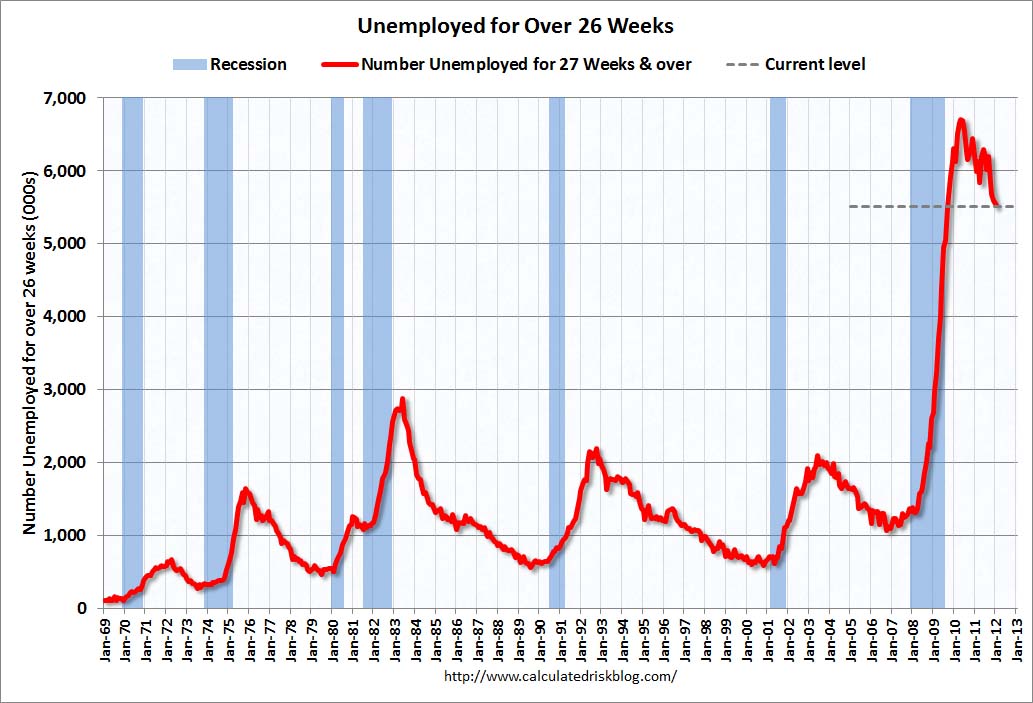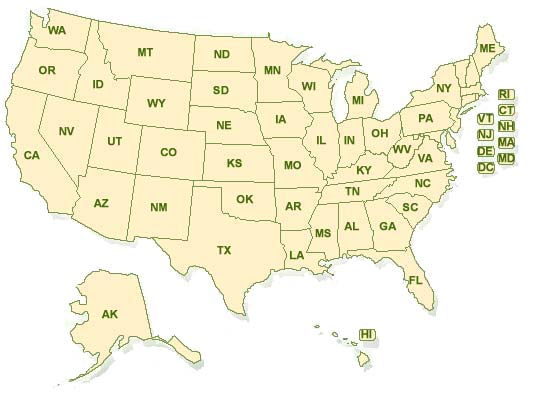Unemployment Eligibility
All individuals in the US who have lost their job within in the past 4 weeks can be eligible for benefits. Essentially, any person who has lost their job through no fault of their own meets US requirements (specifics can vary from State to State). If you meet these State requirements, you are entitled to 26 weeks of compensation for the new update on requirement policies.
Federal Unemployment Eligibility
During periods of unemployment rate in your state, you are also eligible for extended benefits, sometimes referred to as a federal extension of compensation; which will extend your benefits for a certain period of time (lengths will depend on your State).
Unemployment Eligibility Requirements
Your eligibility depends on the state you file a claim in. These requirements usually depend on a variety of factors, including how long you worked at your previous job before being laid-off.

Anyone who does meet their state eligibility requirements will receive unemployment compensation benefits for a designated period of time. In nearly all states, your benefits amount is roughly half of your previous earnings.
The compensation checks you receive from your state is taxable, since it is counted as income by the IRS. This means that both state and federal income tax will be taken out of the compensation checks you receive (these taxes also vary by state).
Unemployment Eligibility Review
It is always recommended to immediately file for compensation as soon as you lose your job. Even though it can take up to 3 weeks to receive your first compensation check, the sooner the better. If you've been laid-off for more than 4 weeks, you no longer meet requirements as well. Never delay your state claim filing.
What is Required to File an Unemployment Claim?
- Your SSN
- Your Immigrant Registration Card (for non-US citizens)
- Your physical mailing address
- Valid US phone number
- Full information (entity name, address, contact information) of your previous employers, along with the dates you were employed at each organization - dating back 2 years.
Unemployment Extension Eligibility
-
For Benefit Reduction or Denial:
- If you leave your job without an substantiated cause
- If you are fired due to misconduct
- If you leave because you are ill
- If you leave due to a marriage
- If you were self-employed
- If you leave your job due to an industrial dispute / strike
- If you leave your job to attend school
Compensation Rules To Consider
Anyone who voluntarily leaves their job is not eligible, but if you had what is considered a "good reason" for quitting, there is still a possibility to meet all that is required in occupational programs. "Good reason" or "good cause" is always defined state by state. The good news is, if you attempt to file for extension of benefits and are denied, you will have the opportunity to plead your case with your local state office to reconsider your claim status (state offices are listed on the map page).
2012 Revisions:
You can be disqualified from receiving benefits in 2012 due to new state requirements that depend on your state's current rate figures. There are various rules and requirements regarding this for each state when it comes to eligibility.
Additional Requirements:
To collect benefits, you have to be actively seeking work. In nearly every state, any individual who refuses to look for a job immediately does not meet regulations.
EDD Unemployment Eligibility
In 2012, nearly every state in the US will require you join one of the State job services
provided at any State Workforce office when you become unemployed, or when seeking an unemployment insurance extension to keep you eligible for unemployment compensation for 99 weeks. Generally this is the best way to prove that you are actively looking for another job while collecting tier 5 compensation. To remain eligible, this is recommended during this period.
Check Requirements by Choosing Your State of Residence:

